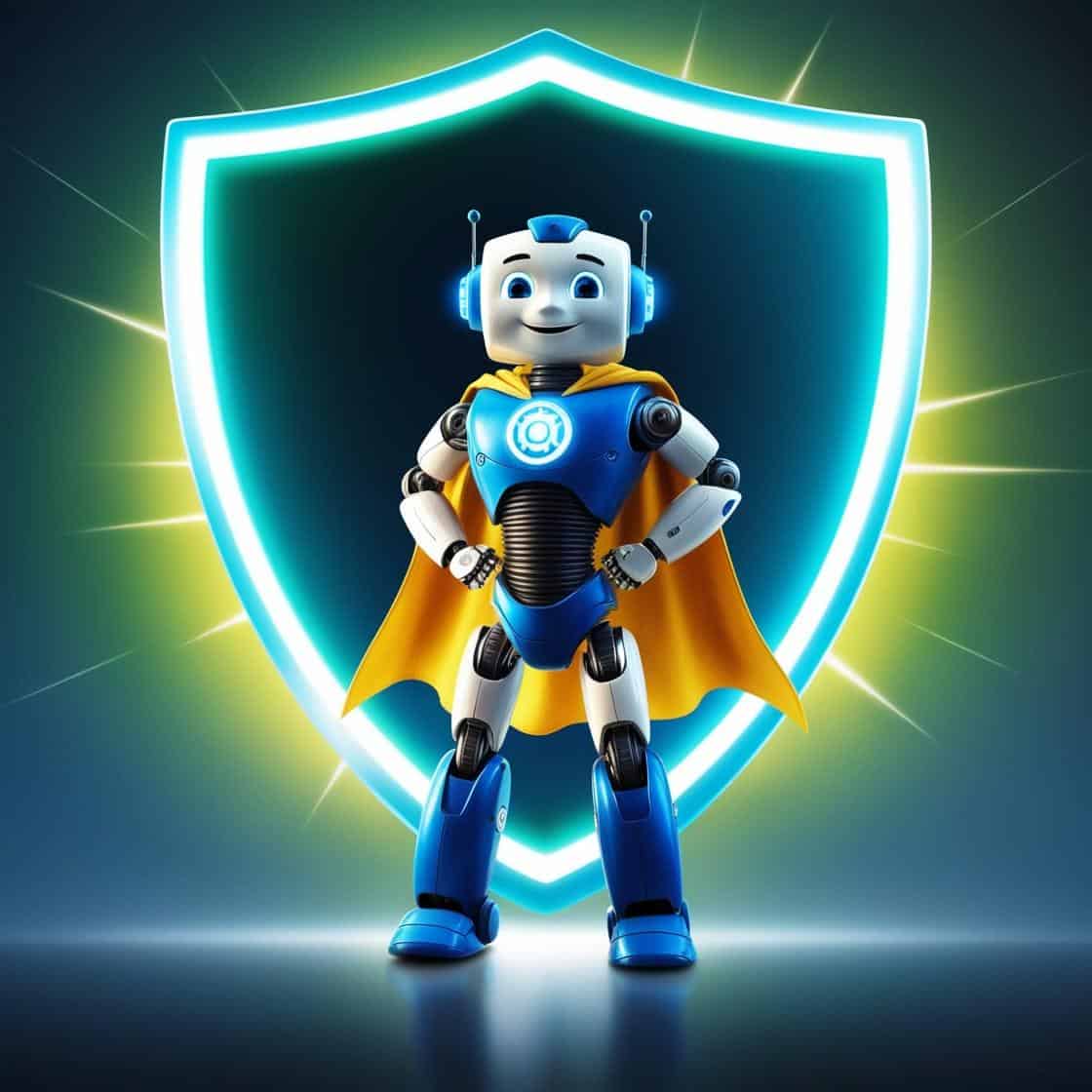The Beginnings

This introduction to websites is designed especially for beginners—no confusing jargon, just clear, simple explanations to help you get started.
A website is your digital home base. It’s this collection of related web pages that share a single domain name, like getonlinestepbystep.com. Think of it as a book with several chapters, where each web page is a chapter that holds specific content or information.
Websites and web pages are closely related but not the same. Whilst the website is the entire collection, each page acts like a sheet from a book, containing its slice of the action or information. Pages could be for your services, team members, or maybe a blog.
In everyday life, websites are all around us – from buying groceries online to checking the latest news. We engage with them to accomplish tasks, learn new things, or even for plain entertainment. It’s hard not to use one these days!
At the heart of a website are elements like domains, hosting, and navigation. These may be unfamiliar terms but they will all be explained in detail, I promise.
Basically,
The domain is your website’s name, like an address on the web.
Hosting is the land on which your website stands; it needs this to be publicly accessible.
Navigation helps folks move around your site without feeling lost.
And then there’s content, the meat of your website – text, images, videos – that draws people in and keeps them engaged. This content isn’t just filler; it’s what offers value, tells your story, and ultimately hooks visitors to your site. Understanding these basics sets a solid foundation as you venture into creating your first online presence.
Website Anatomy: Breaking Down the Basics
As part of your introduction to websites, getting the hang of a website’s layout and design is crucial.
At its core, a website’s structure decides how content is displayed and how users interact with it. From headers to footers, and everything in between – these elements make the online experience seamless.
Content truly rules the web. Whether it’s engaging blog posts, attention-grabbing images, or captivating videos, these components form the essence of any website. They guide visitors, deliver key messages, and keep them coming back for more.
User Experience, or UX, is all about ensuring your website is easy and enjoyable to navigate. Smooth transitions, logical menu structures, and straightforward calls to action make browsing a breeze. A good UX means visitors feel at home while exploring.
Responsive design is another handy concept to grasp. It ensures your site looks great on any device, whether it’s a smartphone, tablet, or desktop. With more folks browsing on phones these days, making your site mobile-friendly is more vital than ever.

Finally, hyperlinks are the web’s very own connective tissue (The hyperlinks on this page are highlighted in red). These links weave pages together, guiding users to where you want them to go. They might connect different parts of your site, or even link to external sources, enriching your content.
This interconnectedness is what makes exploring the web an endless journey. The words and phrases on this site that are green are hyperlinks which take you to another page on this site or another site. They may be to help you understand in more detail, send you to an offer or giving you a different perspective on a topic.
What Are the Benefits? Small Business Perspective
Running a small business can feel like a whirlwind, but a website acts like a reliable partner that’s there 24/7. Having a professional online presence boosts your credibility, making customers more likely to trust and choose your business over those without a digital footprint.
With a website, your business is always open. Customers can check out your offerings anytime—day or night—without needing to be physically present. This gives you the chance to reach audiences far beyond your local area.
Compared to traditional advertising, like print or TV, having a website is a way more cost-effective form of promotion. It’s like having a permanent billboard, just way cheaper and way more targeted.
A good website doesn’t just sit there; it engages with people. It can connect you with new customers while keeping loyal ones in the loop. Features like contact forms, newsletters, and chat options help build those relationships.
On top of that, a website can dish out valuable insights. You can track what pages are popular, see where visitors are coming from, and understand customer behaviors. This data can guide your decisions, helping your business grow larger and compete smarter.
Getting Started: Launching Your First Website
Choosing the right domain name sets the stage for your online identity. It should be simple, memorable, and relevant to what you’re offering. A good domain name makes it easy for customers to find and remember you.
Once you’ve got your domain in mind, you’ll need web hosting to store your website’s data and make it accessible online. There are budget-friendly options out there that are perfect for beginners. Look for reliable providers that offer good customer support to help you as you start.
After your introduction to websites, building your site is often the next big step. Thankfully, there are loads of tools and platforms designed especially for beginners. Whether you opt for a website builder like Wix or Weebly, or prefer WordPress for more flexibility, you’ll find tools that cater to different skill levels.
While creating your site, keeping SEO (Search Engine Optimization) in mind helps your site appear in search results. Simple practices like using relevant keywords, writing clear titles, and structuring content logically can make your site more visible.
Sites aren’t just a one-time project. Keeping your website updated and maintained ensures it stays current and functional. Whether it’s refreshing content, adding new features, or checking links, regular upkeep helps in building trust with your audience.
Future-Proof: Trends and Innovations in Website Development
The tech world is always evolving, and websites are riding the wave with innovations like AI and Machine Learning. These technologies are enhancing user experience by offering personalized recommendations and automating routine tasks.
Chatbots have become quite the rage. They help businesses interact with customers around the clock, answering queries and guiding them through services. Their presence is making websites more interactive and user-friendly.

As you think about security, cybersecurity has never been more important. From protecting user data to ensuring your website’s integrity, securing your site is critical. Using HTTPS, keeping software up to date, and regular security audits are essential practices.
Mobile-first design is more than a trend; it’s a necessity. Since a huge chunk of internet traffic comes from mobile devices, designing websites that work smoothly on smaller screens is vital for reaching a broader audience.
Incorporating e-commerce features and digital marketing tactics can transform your site from static to a dynamic business tool. Whether it’s adding online payment options or utilizing digital marketing strategies, these steps can help expand your business reach and capabilities.
Being online might be giving you the heebie-jeebies but if you take it one step at a time I think you’ll be amazed at what you can achieve.
Be proud and show the world how wonderful you are.
I know starting anything new online can feel a bit like stepping into another world—but trust me, you’re not alone. Everyone starts somewhere, and this introduction to websites is a brilliant first step. Whether you’re dreaming of building a blog, launching a business, or just having a bit of a nose around the online world, understanding how websites work sets you up for success.
So, what’s next on your list?
Have you got a domain name in mind, or are you still mulling it over? I’d love to hear where you’re at! Pop your thoughts or questions in the comments—or come find me on social media and let’s have a chat. Your journey starts here, and I’ll be right here cheering you on.
Here’s a little transparency: My website contains affiliate links. This means if you click and make a purchase, I may receive a small commission. Don’t worry, there’s no extra cost to you. It’s a simple way you can support my mission to bring you quality content.”


We are living in an age that is likened to the tech and informational age where information is being used on a large scale and it all happens with the bush of buttons. The website is truly an amazing tool that I think everyone should try to understand because this tool has changed and is changing the way we live and do business.
Thank you Norman. It is ever changing and a constant learning curve.
Building a website for the first time can be quite a uphill challenge! But with all the tools at our disposal now and AI entering the game it has become much more achievable. Getting your roots started correctly so you can build a strong and content rich site is very important. Content is KING!
You’re absolutely right! Building a website can feel like an uphill challenge at first, but the tools and resources available today make it so much more accessible for beginners. AI, in particular, has truly transformed the game by simplifying complex tasks and providing guidance at every step. Starting with a strong foundation and focusing on high-quality, relevant content is key to long-term success. As you said, content is king! A content-rich site not only attracts visitors but also helps establish authority in your niche. Thanks for emphasizing the importance of laying the right groundwork—it’s advice every beginner should take to heart!